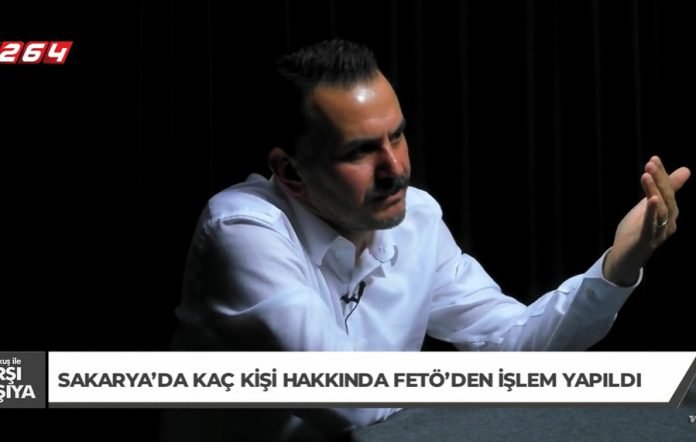Turkish authorities have confiscated $522 million worth of assets belonging to people with alleged links to the Gülen movement in the northwestern province of Sakarya since a coup attempt on July 15, 2016, said Hüseyin Ekşi, then-deputy manager of the province’s tax auditing department, the TR724 news website reported.
Speaking to TV 264, Ekşi, who is also running in parliamentary elections on May 14 from the far-right Nationalist Movement Party (MHP), said he led a group that included representatives from various government institutions which was set up for the confiscation of assets following corruption investigations in 2013 and that this group carried out its confiscations.
“We [started] our operations before July 15 [2016]. The confiscated assets would amount to 10 billion Turkish lira [around $522 million] at their current value,” Ekşi.
According to Ekşi, the group also took part in the dismissal of people from civil service jobs. “We fired individuals who deposited 5 Turkish lira [funds] in [the now-closed private lender] Bank Asya,” he said. Before its seizure by the government in 2015, Bank Asya was one of three banks with the highest liquidity in Turkey.
Turkish President Recep Tayyip Erdoğan has been targeting followers of the Gülen movement, a faith-based group inspired by Turkish cleric Fethullah Gülen, since the corruption investigations of December 17-25, 2013, which implicated then-prime minister Erdoğan, his family members and his inner circle.
Dismissing the investigations as a Gülenist coup and conspiracy against his government, Erdoğan designated the movement as a terrorist organization and began to target its members. He intensified the crackdown on the movement following a coup attempt on July 15, 2016 that he accused Gülen of masterminding.
Following the coup attempt, the Justice and Development Party (AKP) government launched a massive purge targeting real and alleged members of the movement under the pretext of an anti-coup fight, removing over 130,000 people from civil service jobs.
In the wake of the coup, having an account at Bank Asya was presented by prosecutors as evidence of membership in a so-called “terrorist organization.”
The AKP also seized schools, universities, media outlets, companies and their buildings and the assets of individuals, corporations and organizations that were believed to have had ties to the movement.
More than 1,100 companies have been transferred to Turkey’s Savings Deposit Insurance Fund (TMSF), most of them following the failed coup. Journalists from confiscated newspapers and TV stations have been arrested, replaced and jailed.















